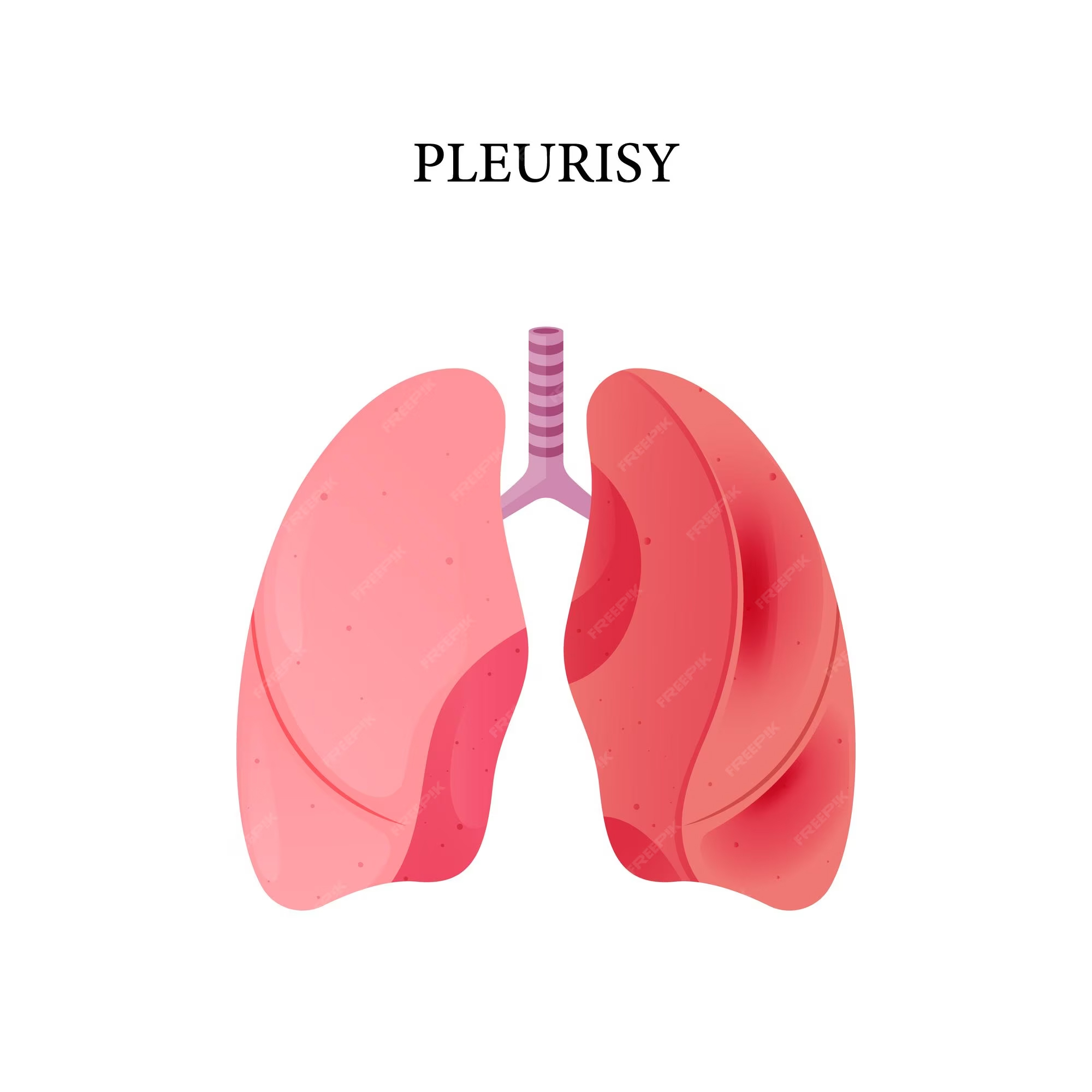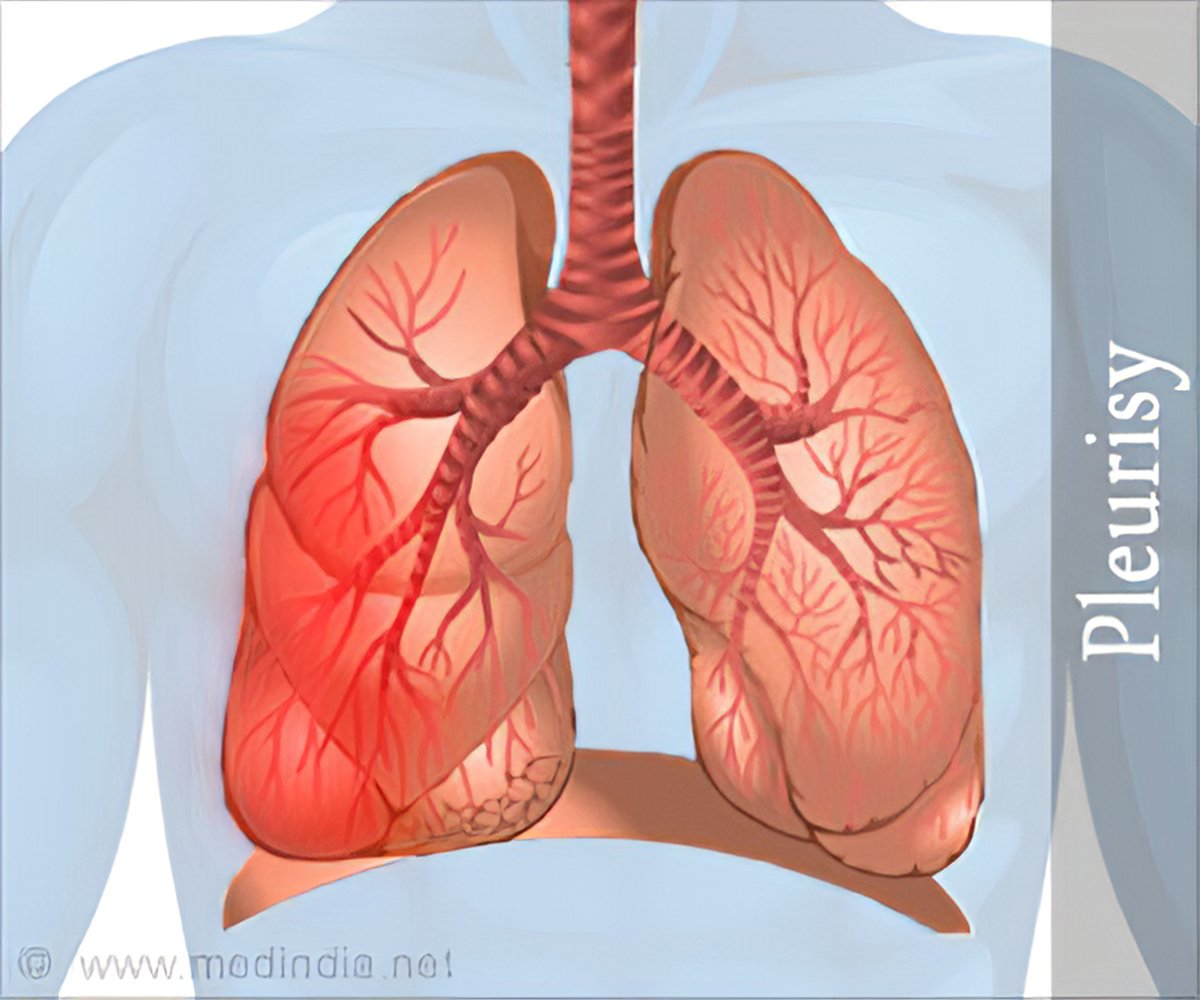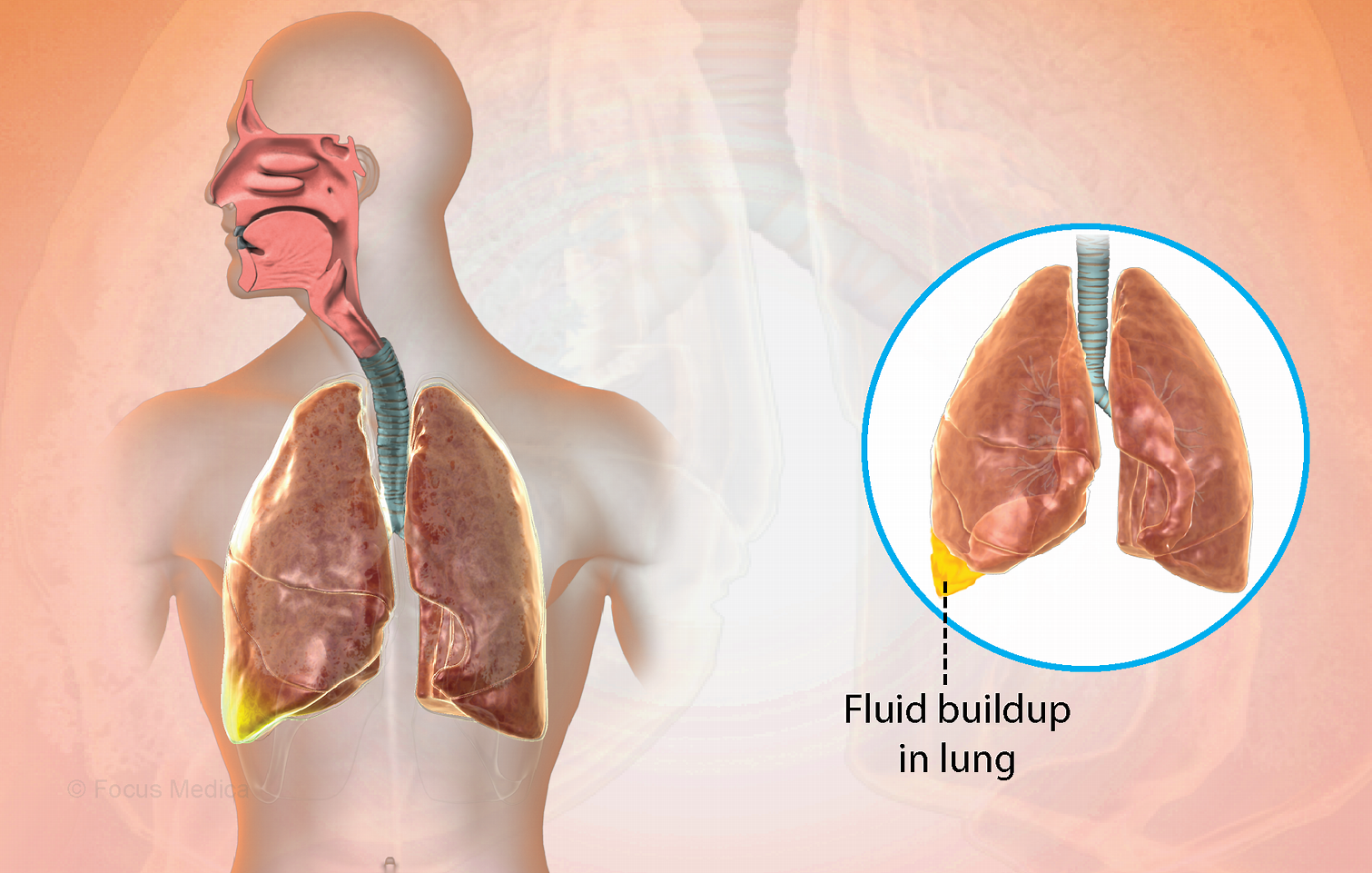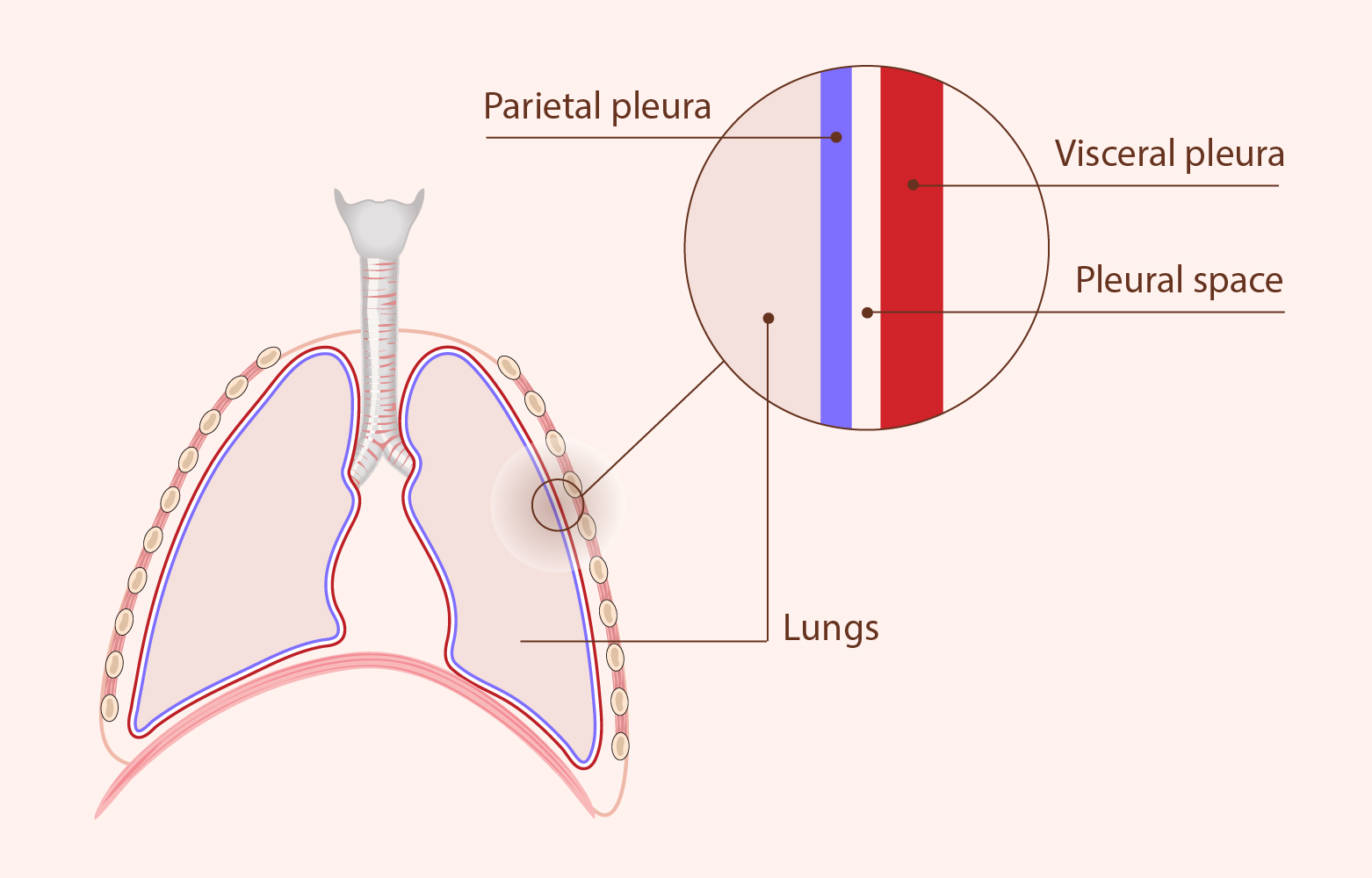
What is pleurisy?
Pleurisy is inflammation of the pleura. The pleura are linings that cover the outside of the lungs and the inside chest wall. They are lubricated so that the lungs and chest wall can move easily during breathing.
When someone has pleurisy, the pleura become rough and rub against each other, which is painful.

What are the symptoms of pleurisy?
Symptoms can vary in severity and include:
- chest pain that may worsen with deep breathing and coughing, usually on one side. The pain can be sharp and stabbing, or a constant ache. You may also feel pain in the back or shoulder
- shortness of breath or rapid breathing
- cough
- fever
- tiredness
Some people also get a pleural effusion, which is when the inflammation causes a large build-up of fluid between the linings of the lung and chest wall.
This can help relieve the symptoms of pleurisy because the linings no longer rub against each other. However, it can also cause compression of the lungs, leading to breathing problems.


What causes pleurisy?
Pleurisy is usually caused by a chest infection — either a viral infection (such as influenza) or a bacterial infection (such as pneumonia).
Pleurisy can also be caused by:
- autoimmune diseases such as rheumatoid arthritis and lupus
- tuberculosis
- a blood clot in the lungs (pulmonary embolus)
- air leaking outside the lungs (pneumothorax)
- a chest injury or chest surgery
- lung damage from inhaling asbestos
- a reaction in the lung to some medicines
- lung cancer
When should I see my doctor?
If you think you may have pleurisy, visit your doctor. If your symptoms are severe or you are worried, go to a hospital emergency department.
How is pleurisy diagnosed?
Your doctor will assess you by talking to you and examining you. They may listen to your chest with a stethoscope and may also order some tests, including:
- blood tests
- imaging of the chest, which may include an ultrasound, x-ray or CT scan
- needle biopsy of the pleural fluid
- bronchoscopy (use of a thin tube via the throat to look at the airways)
How is pleurisy treated?
Treatment depends on the underlying cause. You may need pain relief medicine and antibiotics.
If you have a pleural effusion or air outside the lungs (pneumothorax) that is interfering with your breathing, it may need to be removed.


